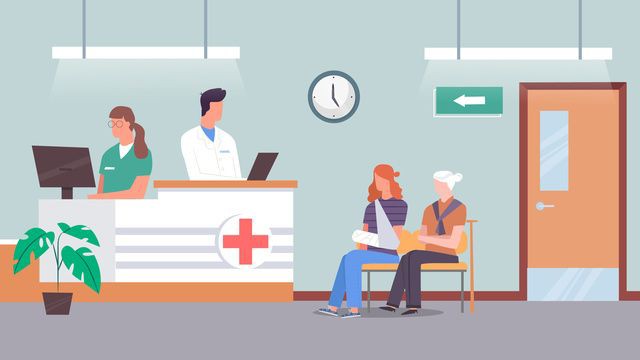
The disabled and Health laws in India :
Health hazards and health emergencies are bound to happen to all humans irrespective of which community they belong to.
Health security is one of the most vital responsibility of any democratic which they central and state governments are entitled to provide to all Indians from all communities residing in India.
Here, we will discuss about the health law designed in the Constitution of India to safeguard the health security of persons with disabilties.
✓ Article 47 of the Constitution imposes on the Government a primary duty to raise the level of nutrition and the standard of living of its people and the improvement of the public health and in particular to bring about prohibition of the consumption of intoxicating drinks and drugs which are injurious to health except for medicinal purposes.
✓ The legislatures of the various States are empowered to make laws on public health and sanitation, hospitals and dispensaries and in this respect several municipal laws, labour welfare laws, industrial laws have made provisions for ensuring public health and safety.
✓ Article 41 of the Constitution provides that the State shall within the limits of its economic capacity and development, make effective provision for securing the right to work, to education and to public assistance in case of unemployment, old age, sickness and disablement and in other cases of undeserved want.
• The health laws of India are particularly relevant from the point of view of the disabled. Some of the Acts which make provision for the health of the citizens including the disabled are to be seen in the following enactments :
✓ The Mental Health Act, 1987 is an Act to Consolidate and amend the law relating to the treatment and care of mentally ill persons, to make better provisions with respect to their property and affairs and for connected matters.
✓ Under this Act provisions have been made for admitting persons to any psychiatric hospital or psychiatric nursing home for treatment as a voluntary patient.
✓ The medical officer incharge after making necessary inquiry within 24 hours may admit the patient.
✓ The patient can be discharged only after the medical officer incharge has taken the opinion of a Board consisting of two medical officers as to whether further treatment is necessary.
✓ Where further treatment is necessary the patient will be kept in the hospital or nursing home for periods upto 90 days at a time.
✓ The area magistrate is also empowered to recommend mentally ill persons for being admitted to the psychiatric hospitals.
✓ Provisions have also been made for the State to provide at its own expense legal aid to mentally ill persons in certain cases as also for the protection of human rights for the mentally ill persons.
✓ In 1996, the Persons with disabilities (equal opportunities, protection of rights and full paticipation) Act, 1995 was enacted to give effect to the proclamation on the full participation and equality of the people with disabilities in the Asian and Pacific region held at Beijing from 1st to 5th December 1992.
✓ This Act spells out the responsibility of the State towards the prevention of disabilities, protection of rights, provision of medical care, education, training, employment and rehabilitation of persons with disabilities.
✓ It also provides for creating a barrier free environment for persons with disabilities, to remove any discrimination against persons with disabilities in the sharing of development benefits vis-a-vis non disabled persons, to counteract any situation of the abuse and exploitation of the disabled persons, to lay down strategies for comprehensive developments for programmes and services and for equal opportunities for disabled persons and for their integration into the social mainstream.
✓ The Act provides for constitution of Co-ordination Committees and Executive Committees at the Central and State level for carrying out the functions assigned to them under the Act. It also provides for the appointment of Chief Commissioner for persons with disabilities at the Central level and Commissioner for persons with disabilities at the State levels to monitor funds and to safeguard the rights of the disabled persons.
✓ The Rehabilitation Council of India Act, 1992 was also enacted to provide for the Constitution of the Rehabilitation Council of India for regulating the training of rehabilitation professionals and for maintenance of a Central rehabilitation register and for matters connected therewith or incidental thereto.
